Kenyan Women Face Global Shame Over Rising Drug Trafficking Arrests

Kenyan women continue to be arrested at international airports for drug trafficking, with recent cases involving large quantities of cocaine and heroin intercepted both locally and abroad.
On 4 October 2025, 41-year-old Anna Nekesa Kisaka was arrested at Jomo Kenyatta International Airport (JKIA) after authorities discovered she had ingested cocaine pellets. Earlier this year, Caroline Wanjiku was stopped at the same airport while travelling to Goa India with 13 kilograms of cocaine concealed in her luggage.
Several incidents have also occurred overseas. Margaret Nduta, previously sentenced to death in Vietnam for drug trafficking, is now serving a life sentence following diplomatic intervention by Kenya’s Ministry of Foreign Affairs.
In July, four Kenyan women were arrested at Singapore’s Changi Airport in possession of 27 kilograms of cocaine. These repeated incidents suggest the involvement of organised trafficking networks targeting or using Kenyan nationals as couriers.
Although Kenya is not a producer of cocaine or heroin, the frequency of seizures at JKIA highlights potential weaknesses in airport security and raises questions about internal collusion. An investigative report by KTN revealed that a trafficker bypassed security screening at JKIA with help from an airport staff member.
The individual later boarded a British Airways flight to London, where they were arrested at Heathrow Airport with narcotics worth millions. According to the report, the suspect had entered Kenya multiple times prior to the arrest, fuelling concerns that traffickers may be exploiting the airport as a transit point with local assistance.
Despite growing evidence of systemic failures, Kenyan authorities, including the Directorate of Criminal Investigations, have not issued substantive public statements. This lack of official response has raised concerns about transparency and the country's cooperation with international law enforcement.
The personal consequences for those arrested are severe. Many face long prison sentences or even the death penalty in foreign jurisdictions, often with limited access to legal support or consular services.

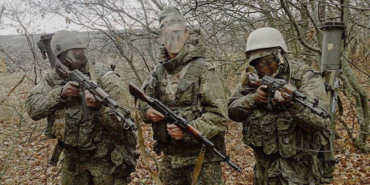

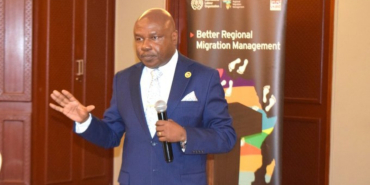
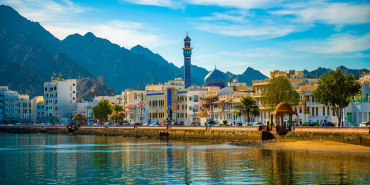
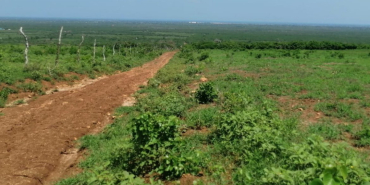


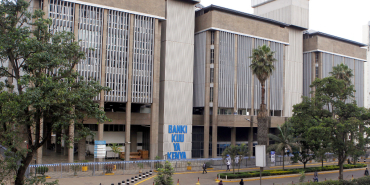


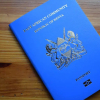


Add new comment